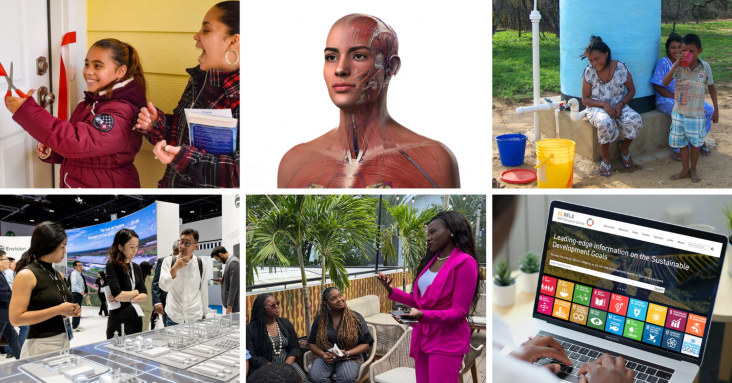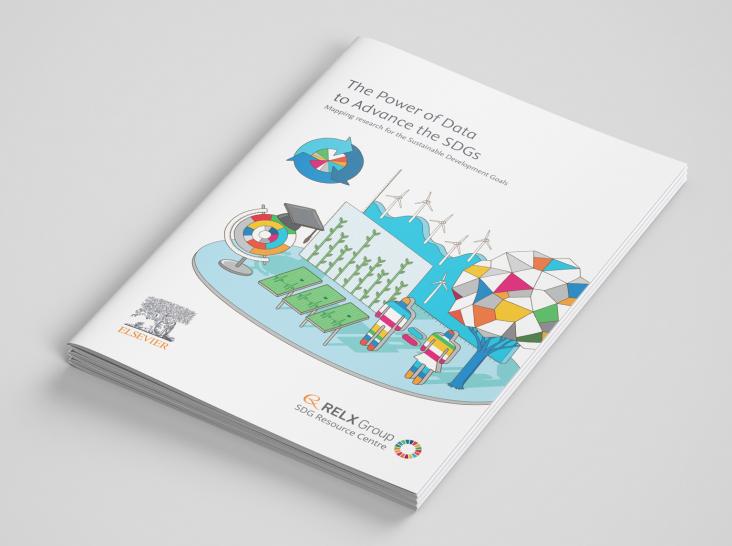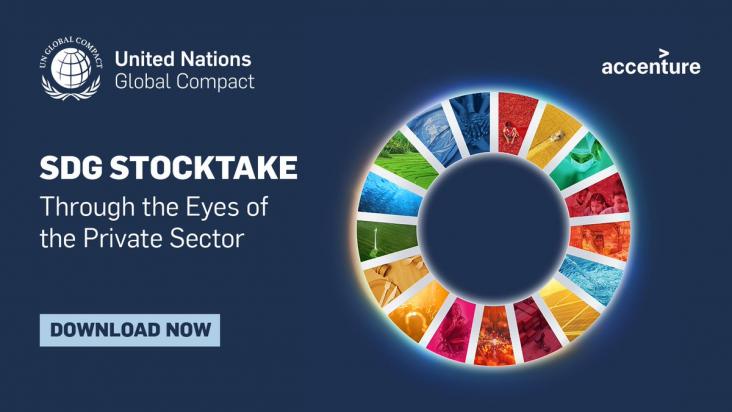The authors assess the minimum level of sem-natural habitat that must be protected to preserve ecosystem services, including water quality. They show that services fail when habitat area falls below 20-25% per square kilometer.
Pakistan's water resources experiencing mounting pressure. UN SDG 6 provides a roadmap for achieving sustainable water management. Long-term planning and community engagement are key to success. Policy recommendations include efficient pricing and climate change integration.
The authors evaluate shifts in water reservoirs (i.e. atmospheric versus terrestrial and underground water storage). Projections indicate water storage deficits in most Southern Hemisphere basins during the summer.
This study supports SDGs 3, 6, and 14 by highlighting the importance of freshwater biodiversity for human and planetary health, and suggesting that local and regional efforts for monitoring and improving ecosystem health are essential for reversing the current crisis in this area.

As we pass the halfway point for the SDGs, many of the goals are worryingly off track and progress on 85% of the target indicators has stalled or even reversed. Through our information, products and people, RELX remains committed to advancing the Goals. Here are some of the ways that we continue to support their achievement.

Access to information is critical in achieving the SDGs - empowering the public to make decisions, informing policy making and enabling effective implementation and monitoring. RELX businesses regularly produce and publish free to download reports and analytics that draw upon vast amounts of information and data in support of the SDGs. Explore some of the reports and tools developed to date.
Water-smart society must highlight societal well-being and co-development across sectors. Furthermore, the article emphasizes the need for a long-term perspective, conserving nature, and maximising ecosystem services, while anticipating change. Finally, the article discusses how a more grounded conceptualisation of the water-smart society can guide utilities and urban policy design.
The paper outlines how we may advances in observational technologies with developments in water quality modelling to integrate simulation of eutrophication impacts with organic matter dynamics and fate of synthetic toxic compounds.
This study supports SDG 3, 6, and 16 by providing a comprehensive quantitative analysis of the association between conflict and the incidence of cholera in Yemen, highlighting how conflict-related destruction has compounded water, sanitation, and hygiene issues in Yemen.

The United Nations Global Compact-Accenture Global Private Sector Stock take report report offers an appraisal of private sector contributions to the SDGs so far and outlines a clear pathway for private sector action over the next seven years.
